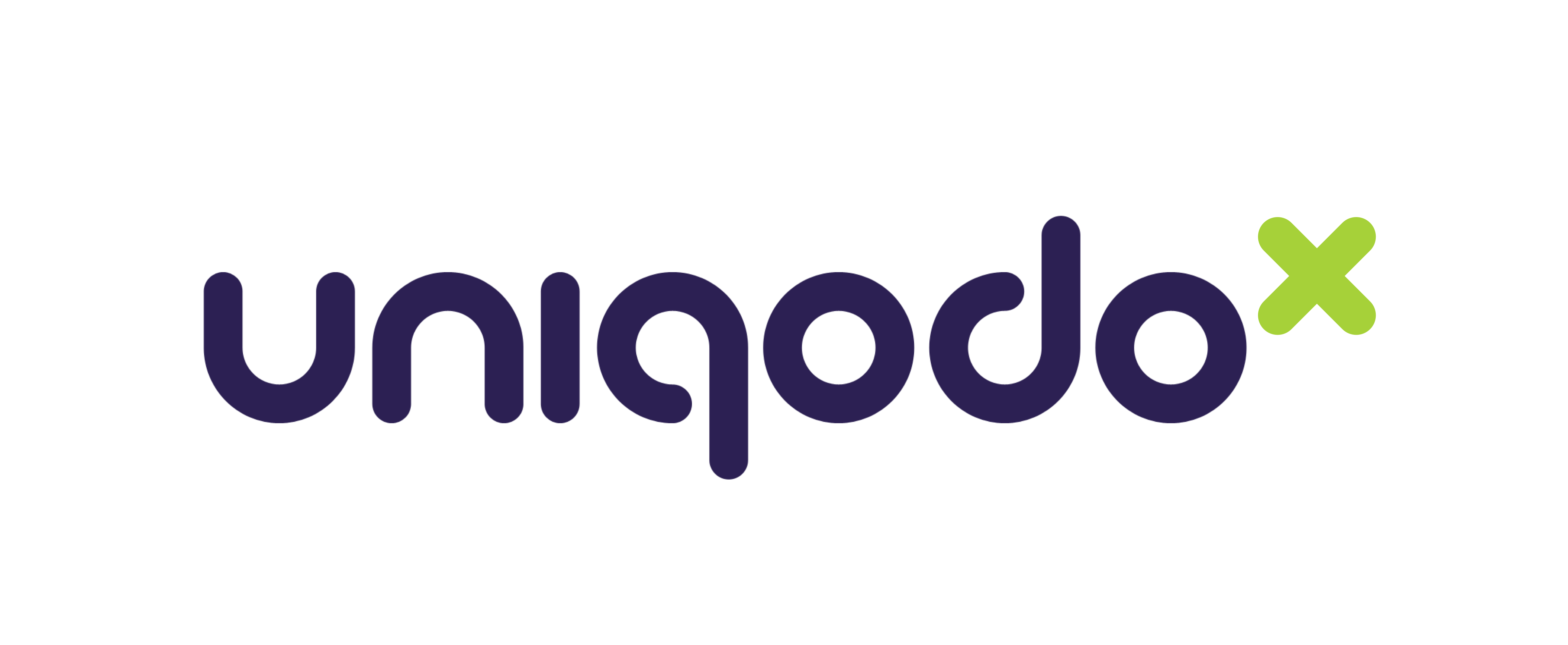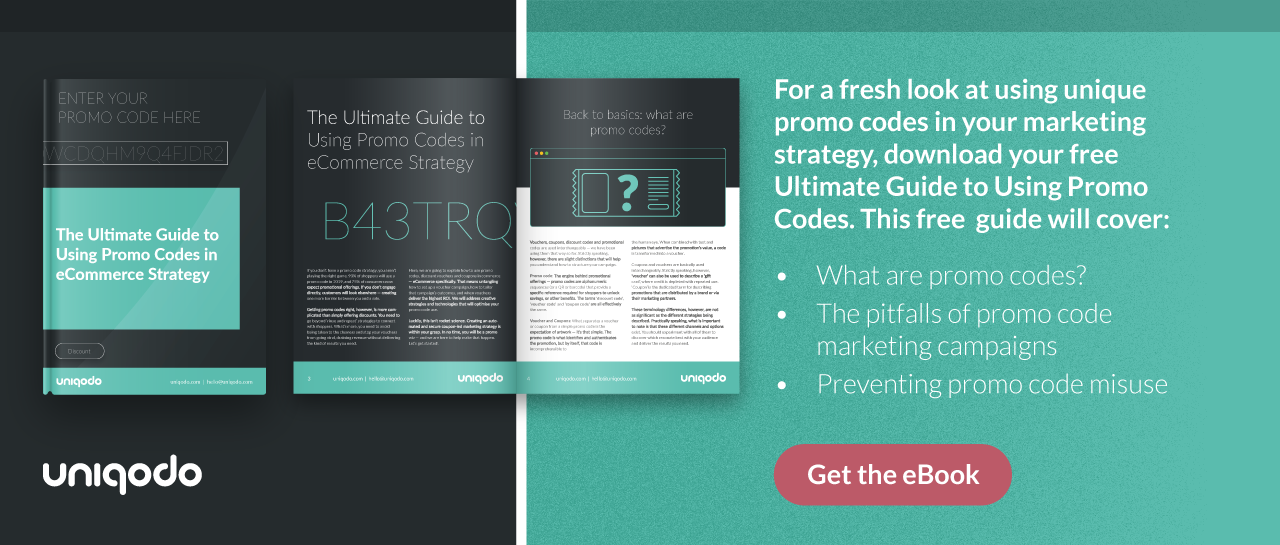With the world gripped by COVID-19, travel brands face greater uncertainty than most sectors of the economy. Lockdowns, economic downturns and increasing public discomfort with confined public spaces have all coalesced to create the largest crisis for the travel industry in more than a decade.
But now is no time for despair. Every trend prior to February 2020 pointed upwards. The developing world’s emerging middle class, new methods of transportation, new travel destinations and new forms of accommodations all indicate a travel sector boom once COVID-19 is defeated. The challenge that travel brands face is staying connected with their customers in the interim, and keeping their doors open.
Idea # 1: Issue refunds
There’s a good chance that you’ve already taken steps toward issuing refunds to your customers' cancelled travel plans. The first wave of cancellations started as lockdowns went into effect — if not sooner. However, travel brands are likely to experience multiple rounds of cancellations if travel restrictions carry on through the summer.
If you want to retain the good will of your customers, you need to be proactive and responsive when it comes to refunds. Ultimately, regulations will stop you from walking away with people’s money. But even if you could, customers would remember this and it would damage your business in the long run. Effectively, how you handle the need to refund canceled holidays will dramatically impact how everything else you do is received.
Tip: Be proactive and offer vouchers
Rather than waiting for events to over take you, reach out to your customers. Taking this initiative gives you the ability to shape that conversion. A lot of travel brands jumped on the use of vouchers to supply refunds. This allows those brands to retain existing revenue and guarantee access to those customers once lockdown ends.
The challenge with vouchers is getting customers to accept them. We would recommend providing cash refunds to customers who push the point. But if you reach out first with offers that are free of restrictions, you can gain good will from concerned travelers.
In the UK, the organisation that insures customer losses in the event that an airline closer, ATOL (Air Travel Organiser’s Licence), has expanded their coverage to include vouchers issued at this time. Highlight that security in your communications.
Lastly, make sure you issue your vouchers in a secure and simple format that’s easy for customers and your internal teams. Your marketing department may already have a promotional code generator that links directly to your CRM — this is an ideal solution for the job.
Idea # 2: Maintain your online presence
Site visits might drop while everyone is staying at home, but you don’t want to drop off the face of the internet. You want to continue to publish blog posts and send out Tweets as you normally would. What you post might need to change, but the internet has only intensified as your main method of communication with customers.
If you have newsletter subscribers, keep publishing updated. These people are probably the ones most likely to be interested in updates about your brand. For social media followers, you will need to get more creative. Here are a few ideas:
-
Crisis creates a desire for escapism. People who have been furloughed have time on their hands, and people who missed out on a vacation may wish they could go on one now. Travel brands have an opportunity to supply lighthearted content about ways to have a vacation in your own home. For example, building a beach in your backyard, doing virtual tours using Google Maps, or just making an Eiffel Tower replica out of couch cushions.
-
People also want serious updates about current events. The global reach of travel brands puts them in a good position to provide up to date information in the context of how their brand is managing on-the-ground in different places.
-
As we get closer to the end of lockdown, people will be looking to the future. This supplies travel brands with the opportunity to get people thinking about their first trip once travel restrictions are lifted. This could be travel ideas/guides, or it could be more current events focused updates on the places most likely to be ‘open for business’ first.
Lastly, continue to focus on the same ‘organic’ content you were likely already producing. When it comes to answering questions about "top resorts in the Canary Islands" or "ways to save money at Disneyland Paris", you want your site to come up. The current situation doesn’t really change the Google search algorithm, and that type of online publishing is a long-game anyway.
Idea # 3: Do good deeds
Is there anything that your business could be doing right now to help out efforts relating to the coronavirus crisis? For instance, Unilever has donated money and products like soap and sanitizer to help out. The company has also changed its manufacturing lines to focus on producing sanitizer. Retirement community giant McCarthy & Stone has offered unoccupied space in unoccupied developments to seniors who are recovering from COVID-19.
The types of things that different travel brands can offer will vary, but good deeds are not only the right thing to do in a time like this — they are good PR. Here are a few ideas:
-
Hotels near hospitals might reach out to offer additional bed space for patients or even staff.
-
You might have stockpiles of cleaning supplies that you can donate to people working on the front lines or those who are unable to get to stores. If you can afford it, a financial donation could make a big difference.
-
Transportation firms might be able to offer some of their logistical network to help with essential deliveries.
These things may not seem like they could directly benefit your business, but customers are definitely paying attention to which companies are helping out in the crisis… and which ones are not. Again, this is the kind of thing you can talk about online, giving you a reason to connect with customers. Just make sure to not ‘toot your own horn’ too hard — that can undermine the good will.
Idea # 4: Focus on travel that can occur
One of the hardest things about the virus is that local reactions have been so varied, and countries and cities have been responding on different timelines. In some places, tourism might be largely unaffected for now, especially if people are choosing to take stay-cations in their own areas. Other places may be starting to turn the corner with their handling of the disease and may be getting ready to open up soon. As a business owner, you need to follow the local trends, and this might mean business as usual, or it might mean waiting a bit longer.
Pay attention to the news. Make sure that your company is ready for business when it's safe to open up again. Remember that people are still going to be wary of travel. They will want to be sure that you take safety and cleanliness seriously. You may need to limit the number of people you can handle in your restaurants or on your tour busses. These steps are going to give people the confidence they need to choose your brand.
Idea # 5: Take advantage of eCommerce opportunities
This isn’t something that can work for every company in the travel industry, but think about whether there are opportunities for you to sell your products online. If people are always raving about the soaps and shampoos that you offer in your hotel, maybe you could sell them directly to consumers. If there’s a type of food that people love eating when they come to visit your area, there might be a way to ship it to them.
This is something that might work particularly well for those in popular travel destinations where tourists are happy to go again and again. Offering some of your products is a way to give those tourists a comforting reminder of the thing they love so much about your area.
Change can lead to better things
Everything changed overnight, and it’s certainly had ripple effects throughout the industry. However, we believe that now is the time to stay positive. This industry has taken some big hits in the past and come out even stronger. Just think about how the recession in 2008 led to increased access to travel services online. The market thrived after that.
People may be sheltering in place for another month, or for many months to come. They’re already feeling more than a little stir-crazy, so you can just imagine how those feelings could increase the longer this goes on. As stated, all previous indicators for the future of the travel industry were bright. Once travel restrictions are lifted, we think that there’s going to be a rush of people looking to get away. Now is the time to prepare for that future. The people will want to travel again. We all just have to ride out the wave.




Subscribe to the Blog